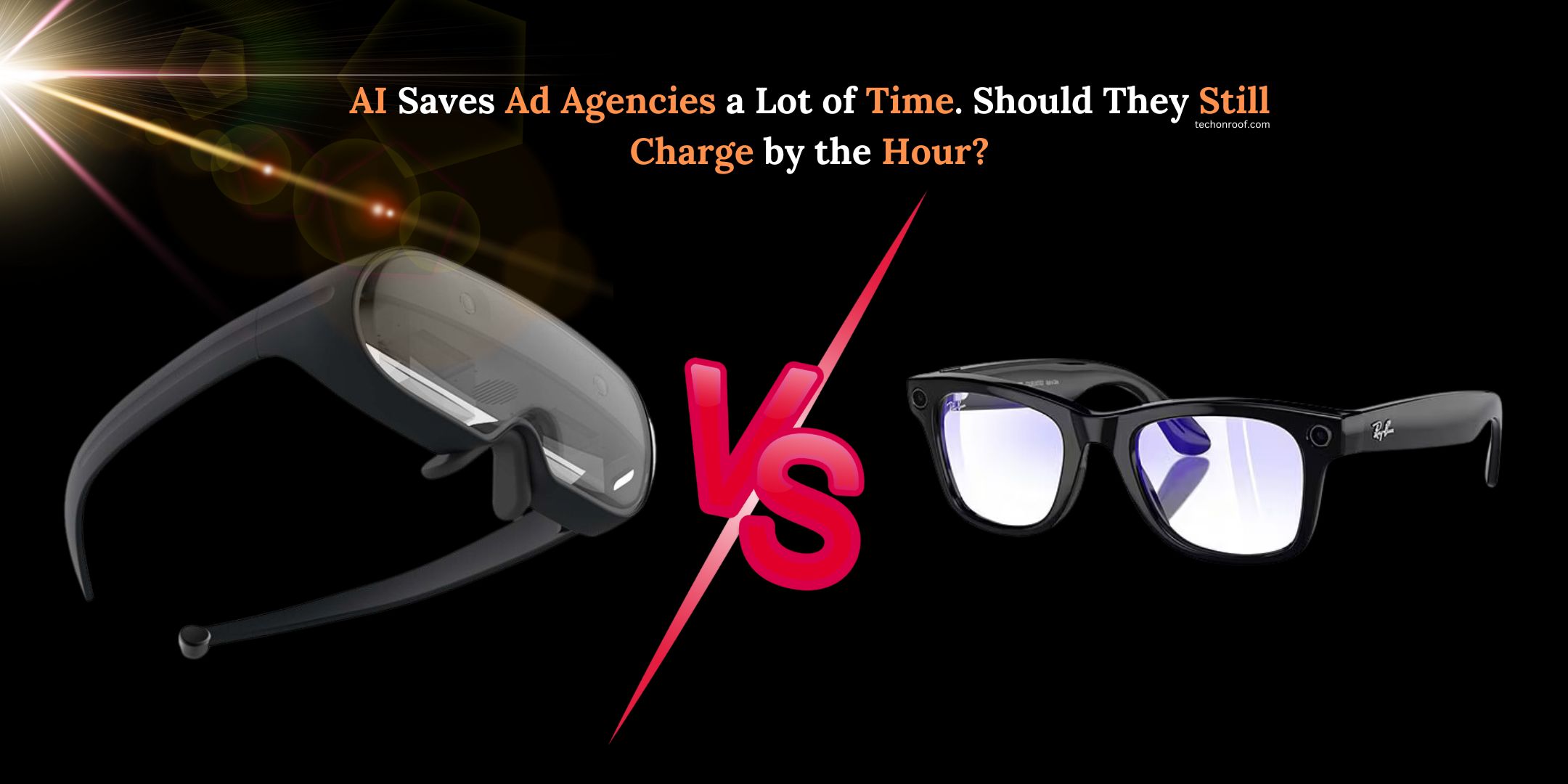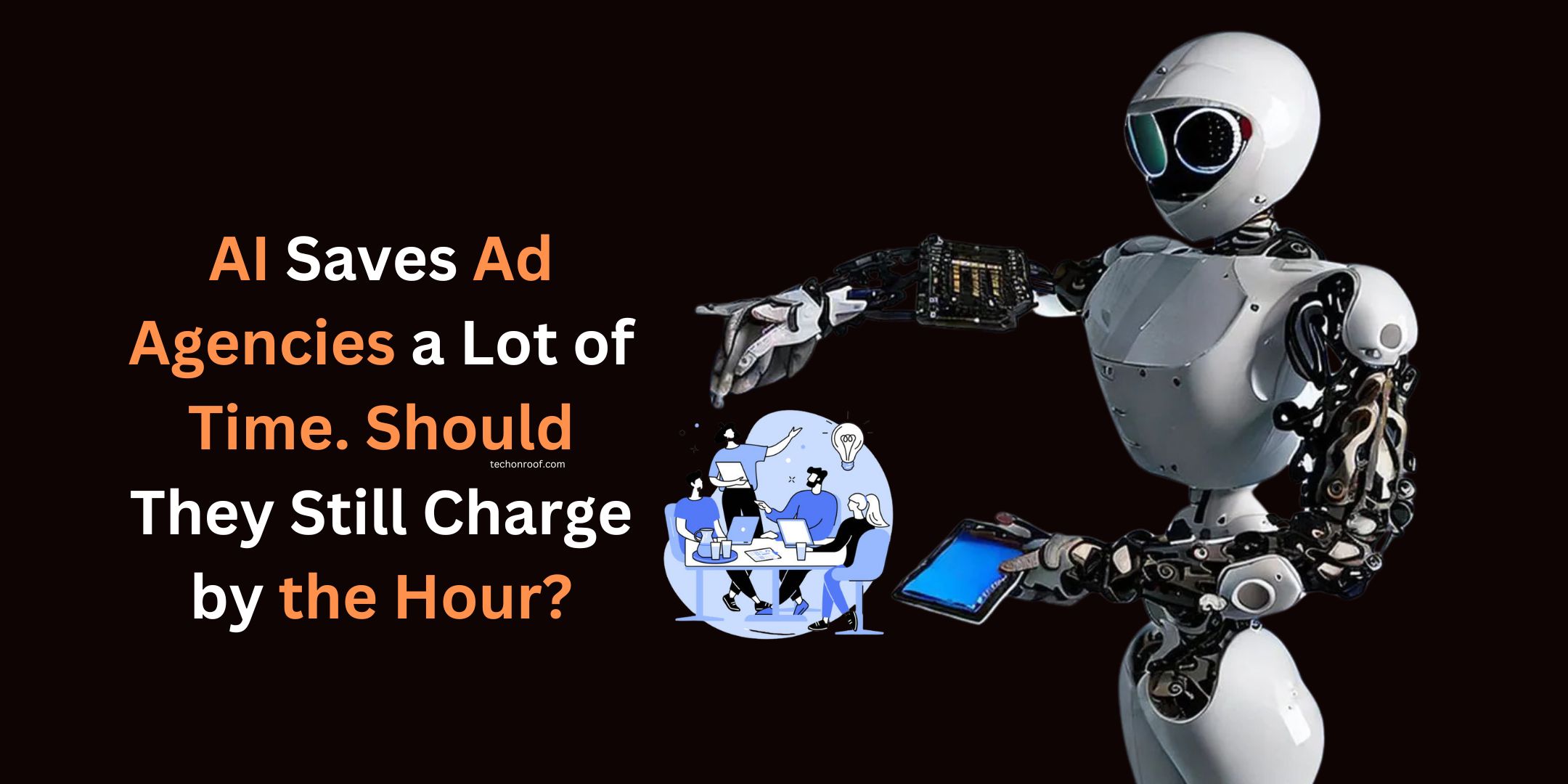Menlo Park: Meta has launched its new AI chatbots. The company claims they feature Hollywood stars John Cena and Judi Dench, among others, as voice artists. This move marks another stride in deepening the use of AI in everyday life by billions worldwide.
“Voice interaction has the potential to become one of the most frequent ways in which we interact with AI,” Meta founder and CEO Mark Zuckerberg said during the company’s annual product showcase. “It provides a better experience,” he added.
This comes a few days after Open AI announced its voice feature on ChatGPT, which attracted a lot of controversy after it sounded like actress Scarlett Johansson. Meta, on the other hand, has ensured that it has kept permissions from the celebrities whose voices feature in its AI chatbots, available on Instagram, Facebook, and WhatsApp. Unfortunately, these features are not going to reach Europe as they are strictly forbidden under the EU laws regarding data protection.
Read More: Meta Connect 2024: What to Expect from the Next-Gen Quest VR Headset
Meta AI assistant depends on user contributions to its platforms, which is highly criticized in Europe for privacy issues.
400 Million Active Users Monthly
Meta AI is an advanced version of virtual assistant, just like ChatGPT or Google’s Gemini. It answers questions, creates images, writes messages and even offers companionship. This version of Meta AI began with the previous release of Meta AI and now engages over 400 million users every month. Meta’s ambition is to end the year as the most-used AI assistant. Still, critics say that many users have accidentally stumbled upon Meta AI- through Meta’s awkward replacement of the search function in apps like WhatsApp.
Learn More Here: Leaked Meta Quest 3S Photos Reveal Bold ‘Spider-Eyes’ Design
Since the introduction of ChatGPT, technology firms have been racing to create AI-based tools that would produce high-quality outputs based on the most basic user prompts. Again, Google and Microsoft seem to be outperforming each other by producing more productivity features, and now Apple has entered this AI race with its newest iPhones. The production of these AI models requires gigantic infrastructure resources and technical strength, which burdens the company’s finances.
A higher-order AI would allow for far more natural, voice-based interaction and intense image analysis. It could even suggest recipes from pictures of food or change an image based on what a user says they want. Although investors have been nervous about the heavy spending on AI and virtual reality, Meta’s profits continue to rise; the company’s stock has increased 60% this year, mainly on the strength of steady ad revenue.
Meta isn’t necessarily the first company people think of when it comes to AI,” said Carolina Milanesi, an analyst at Creative Strategies. “Their biggest challenge will be building trust, especially around data privacy concerns.”
For Meta to win in the AI space over the long haul, it must address those privacy issues and gain users’ trust.





